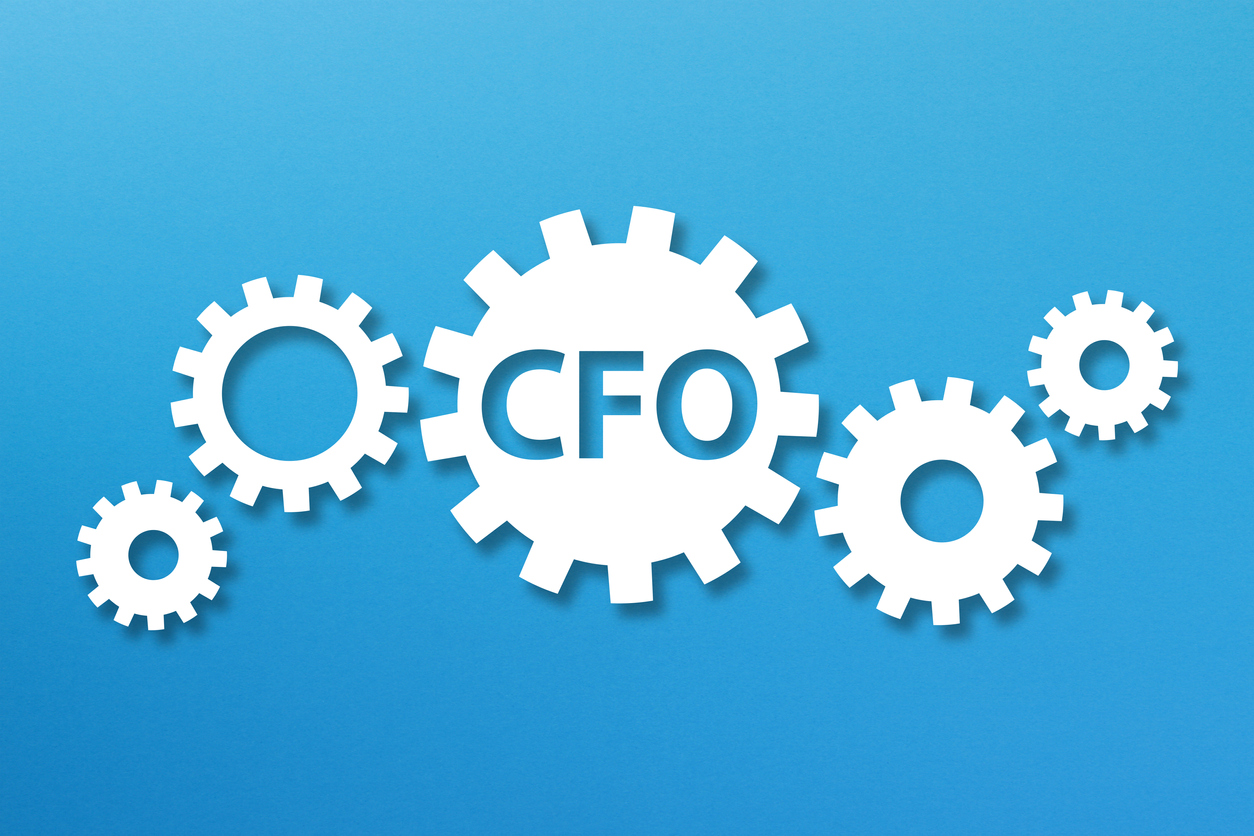Photo by Makhbubakhon Ismatova
The global economic tides are ever-fluctuating, making it crucial for companies to have a financial leader who can ensure stability in tumultuous times and capitalize on prosperous periods. The CFO, therefore, becomes a sentinel, safeguarding the company from financial pitfalls and ensuring sustainable growth.
The Importance of a CFO: The Linchpin of Corporate Governance
In today’s dynamic and ever-changing business landscape, the role of a Chief Financial Officer (CFO) has been catapulted from mere adornment to an indispensable pillar of an organization. The swift currents of globalization, technological disruption, and economic volatility make it paramount for businesses to have a dedicated leader with sharp financial acumen. But the CFO’s remit goes beyond maintaining the company’s fiscal well-being. They wear multiple hats, serving as the principal financial strategists and critical decision-makers, guiding the company’s direction in alignment with its mission and vision. Furthermore, they are crucial in orchestrating daily operations, ensuring that resources are allocated efficiently and processes are streamlined. Adding another feather to their cap, CFOs are also the stewards of corporate governance, ensuring transparency, ethical practices, and compliance, all essential in building trust with stakeholders and steering the company toward sustainable success.
Essential Qualifications of an Outstanding CFO
* Educational Pedigree: Traditionally, CFOs possess degrees in finance, business, or accounting. A master’s degree like an MBA or a professional qualification like CPA, ACCA, or CFA often sets them apart.
* Deep Financial Acumen: They must have comprehensive financial planning, debt financing, and capital markets knowledge.
* Strategic Vision: Apart from handling numbers, a CFO should possess a clear strategic vision to drive business growth.
* Risk Management: In an age of unpredictability, the ability to anticipate, manage, and mitigate risks is pivotal.
* Technological Proficiency: With the rise of fintech, AI, and automation, a modern CFO needs to be tech-savvy.
* Regulatory and Compliance Knowledge: As regulatory landscapes evolve, a CFO needs to stay abreast with the latest regulations to ensure corporate compliance.
* Interpersonal Skills: They must build relationships with external stakeholders like investors, regulators, and financial institutions.
Role of a CFO in the Modern Business Era
* Strategic Partner to the CEO: While the CEO might envision the company’s future, the CFO is instrumental in shaping this vision into financial terms and identifying pathways to achieve these goals.
* Leader in Financial Planning and Analysis: They guide the organization in budgeting, forecasting, and analyzing financial trends.
* Risk Management Maestro: They identify potential business risks and implement mechanisms to safeguard the organization.
* Custodian of Capital Allocation: A CFO determines how the company’s capital gets invested – in new products, markets, acquisitions, or R&D.
* Champion of Technological Transformation: Modern CFOs are steering their organizations into the future by adopting the latest tech innovations.
CFOs and Corporate Governance: An Inextricable Link
Corporate governance pertains to the rules, practices, and processes by which a company is directed and controlled. It primarily involves balancing the interests of a company’s many stakeholders, such as shareholders, senior management executives, customers, suppliers, financiers, the government, and the community. At the heart of corporate governance is the CFO. Their unique position allows them to serve as a bridge between the board and the management, ensuring that financial disclosures are accurate, timely, and transparent.
1. Transparency and Accountability: By providing accurate financial statements and disclosures, CFOs uphold transparency, promoting investor trust and confidence.
2. Ensuring Compliance: CFOs play a pivotal role in ensuring the company adheres to regulations, standards, and laws, minimizing potential legal entanglements.
3. Ethical Leadership: Ethical lapses in corporate governance can tarnish a company’s reputation overnight. As guardians of financial integrity, CFOs set the tone for ethical behavior across the organization.
4. Stakeholder Communication: CFOs are the face of the company for investors, analysts, and shareholders. Their ability to effectively communicate the company’s financial health and strategy can influence stakeholder sentiments.
5. Decision-making and Oversight: By providing crucial financial insights, CFOs inform the board’s decisions, ensuring alignment with the company’s long-term objectives.
It’s clear that the modern CFO’s role is no longer siloed. They are actively involved in “digital transformation,” leading “sustainable business practices,” and advocating for “diversity and inclusion” in corporate structures.The modern CFO’s function has transcended the boundaries of conventional financial management. Once primarily limited to budgeting, forecasting, and financial reporting, the CFO is now at the forefront of navigating the intricate labyrinth of today’s corporate world. This evolving landscape, punctuated by rapid technological advancements, necessitates CFOs to be not just number-crunchers but also tech-savvy innovators. Additionally, as global markets become more intertwined and regulatory frameworks more stringent, the CFO must be adept at understanding and managing multifaceted legal and geopolitical scenarios. It’s not just about keeping the books anymore; it’s about foreseeing potential challenges, harnessing opportunities, and driving innovation.
Furthermore, the global economic tides are ever-fluctuating, making it crucial for companies to have a financial leader who can ensure stability in tumultuous times and capitalize on prosperous periods. The CFO, therefore, becomes a sentinel, safeguarding the company from financial pitfalls and ensuring sustainable growth. More than ever, they collaborate, working alongside CEOs and other top executives, offering critical insights that shape the company’s strategic trajectory. By blending their financial expertise with strategic foresight, they play an instrumental role in guiding organizations toward a thriving and prosperous horizon.
======================================
This article was researched, developed and edited with the support of AI

